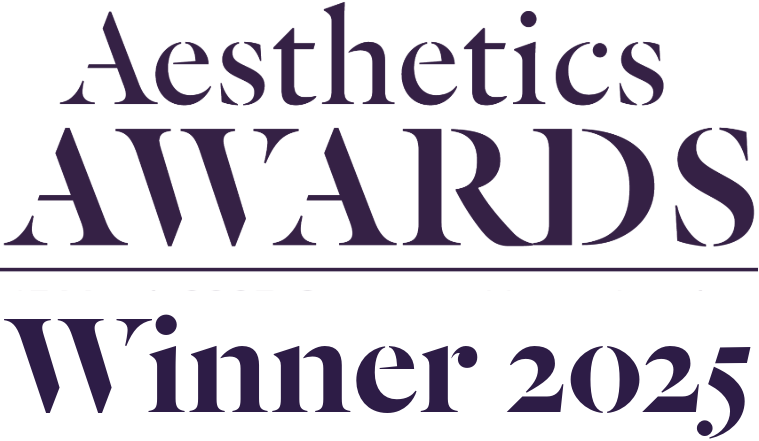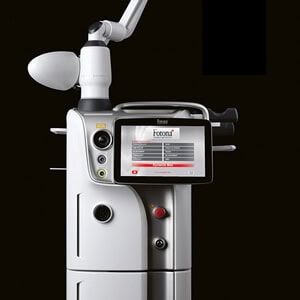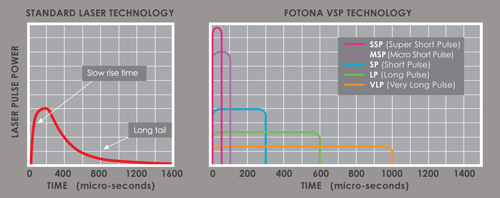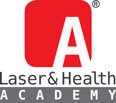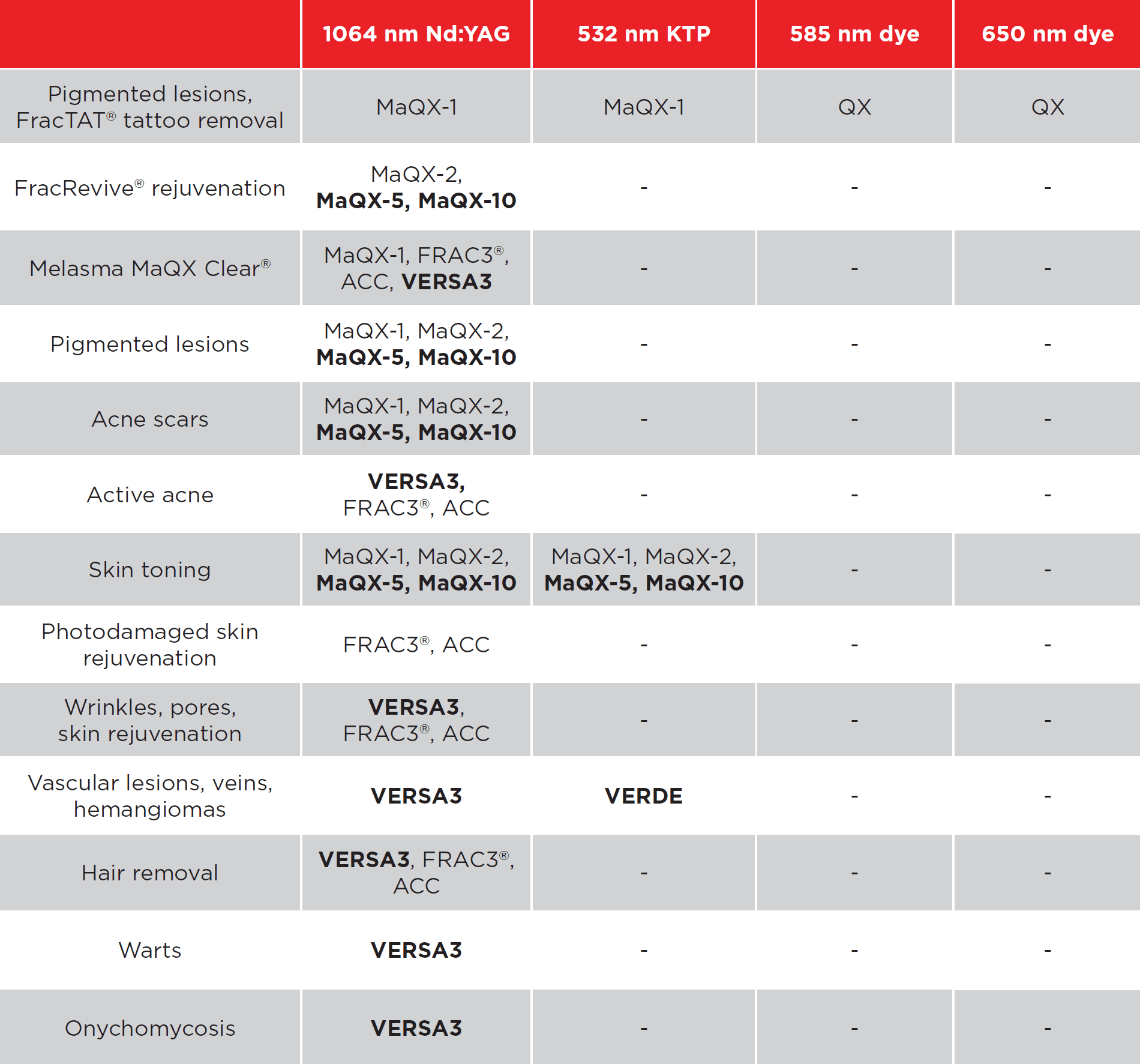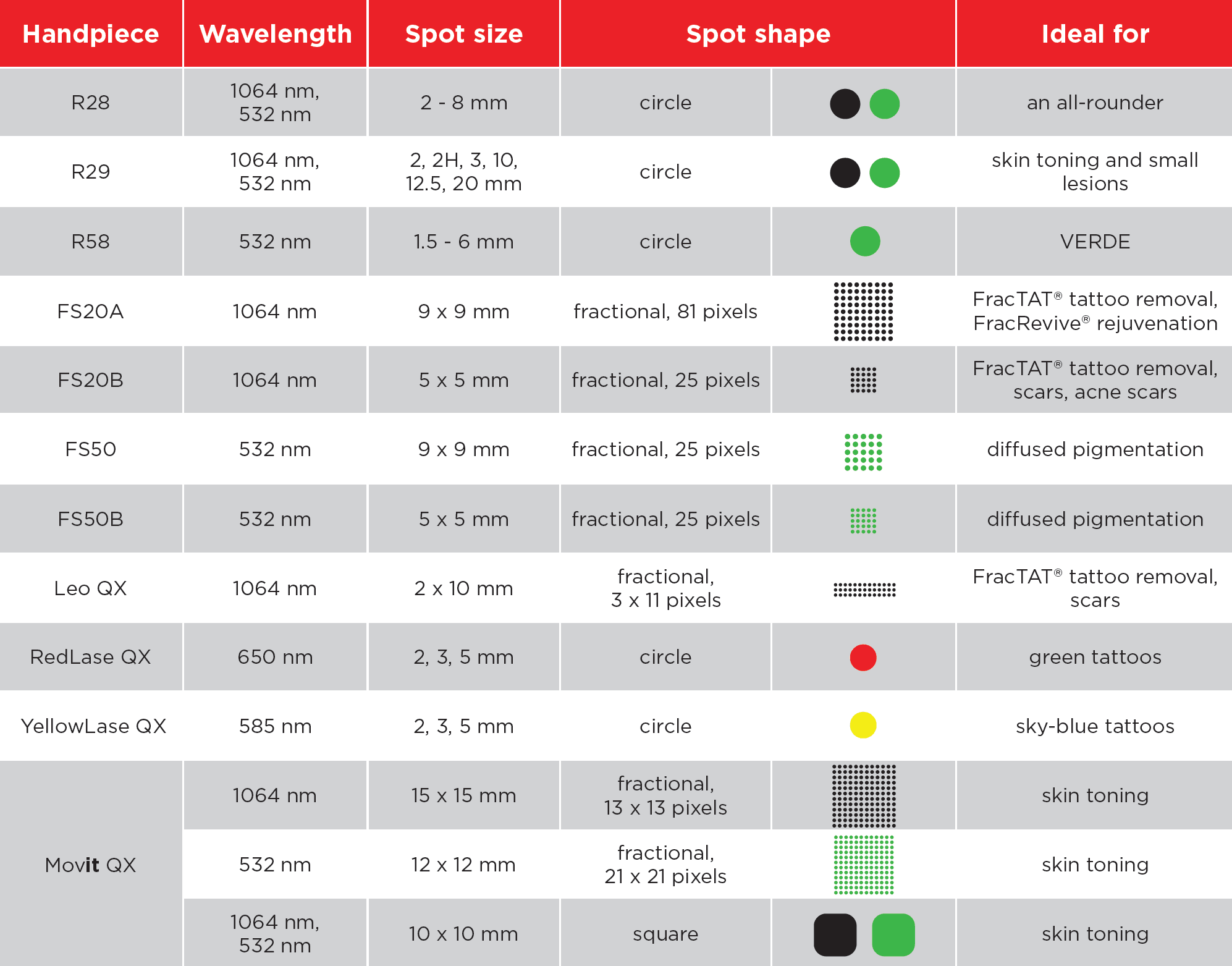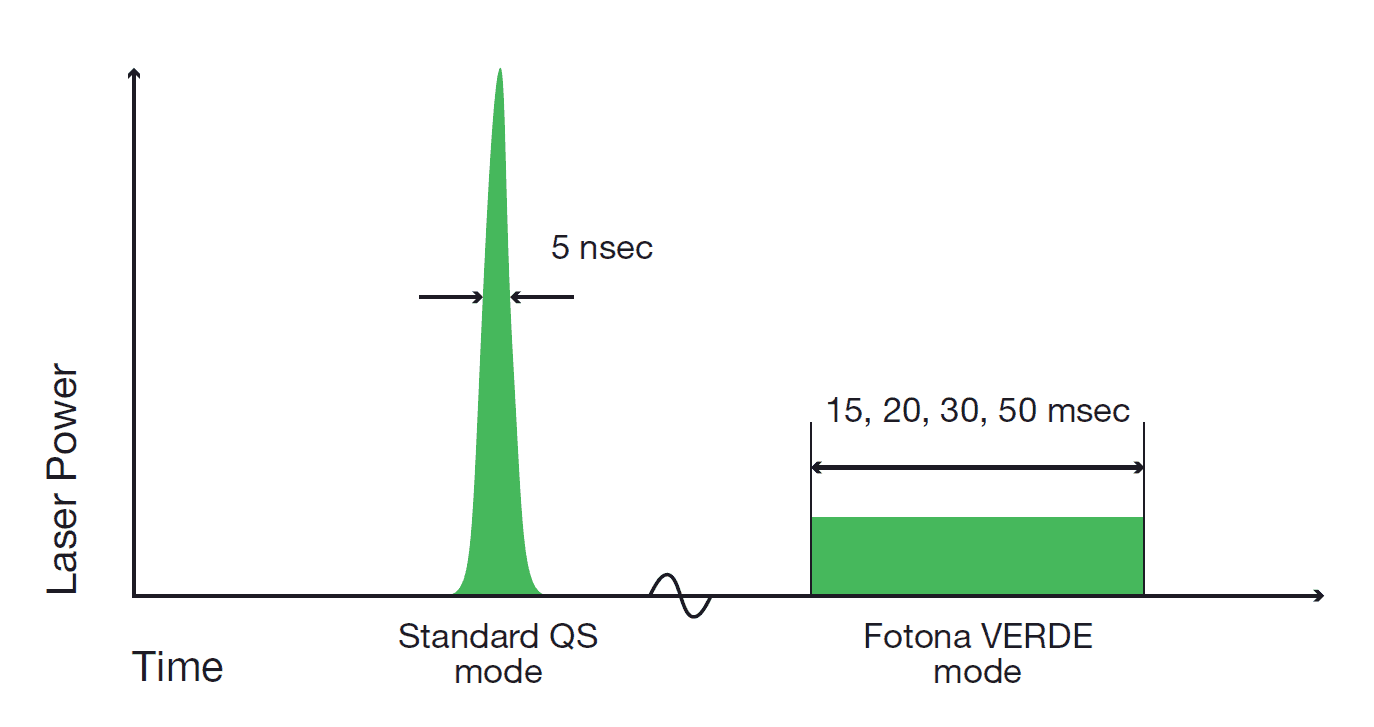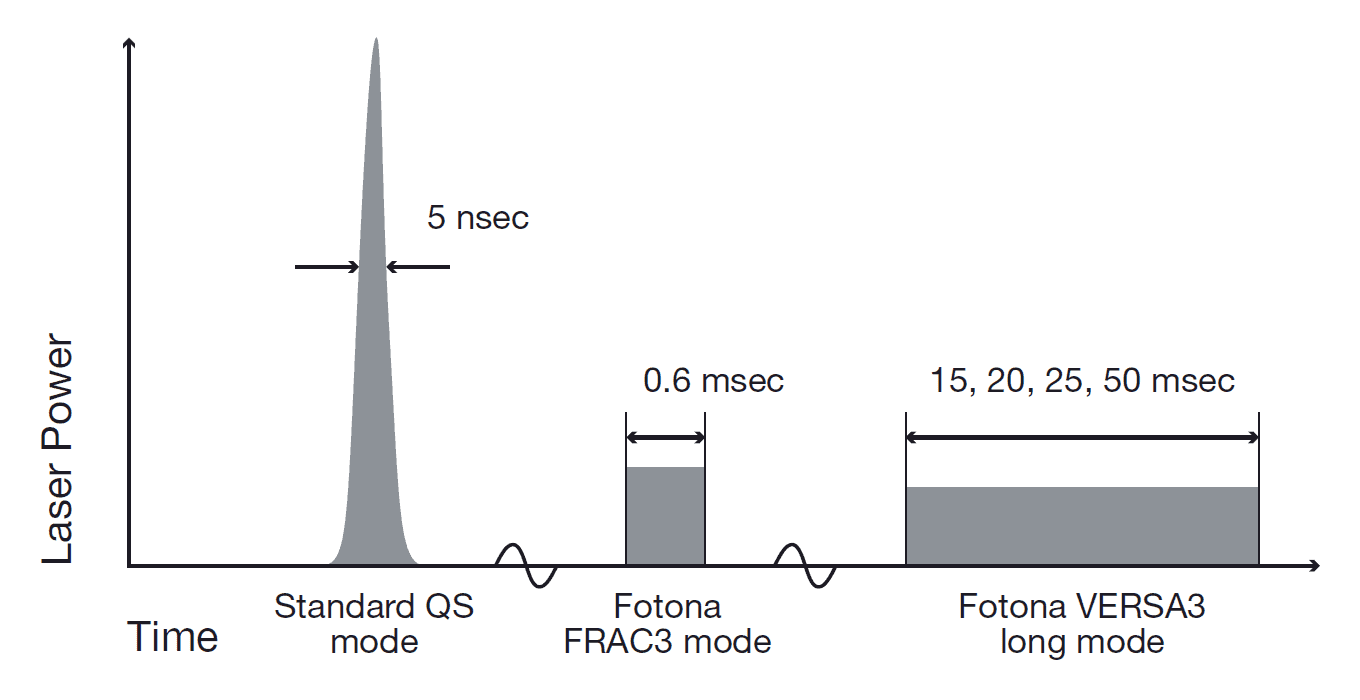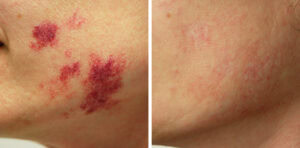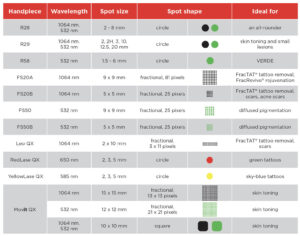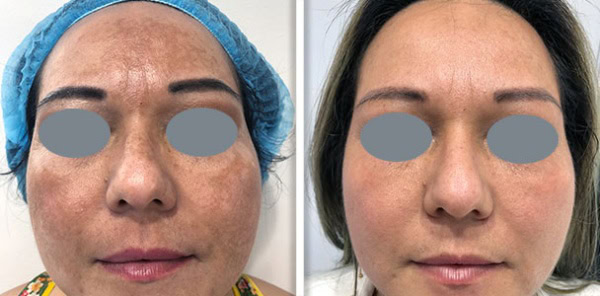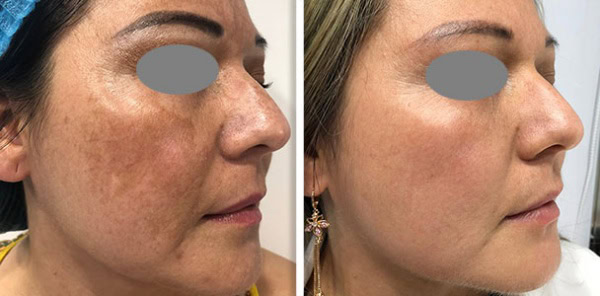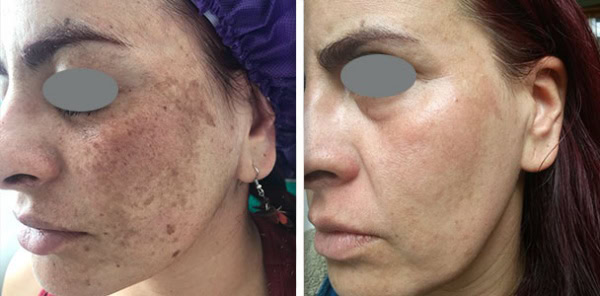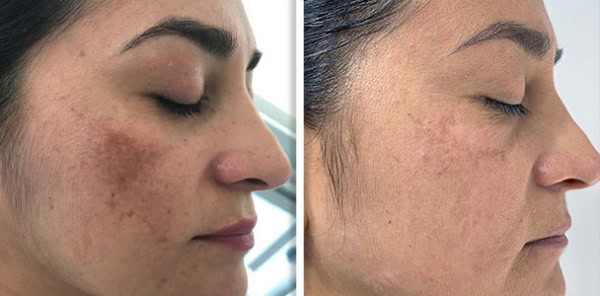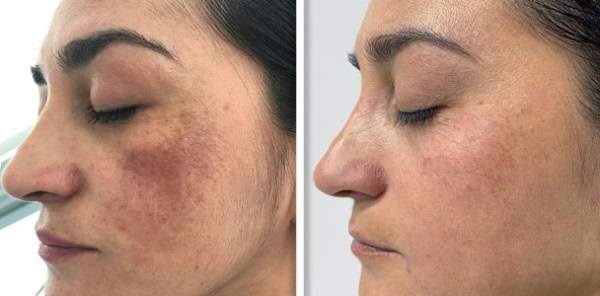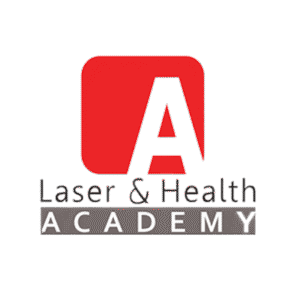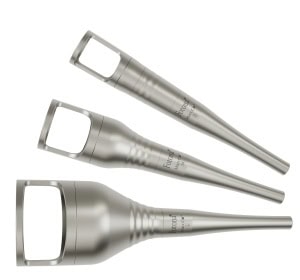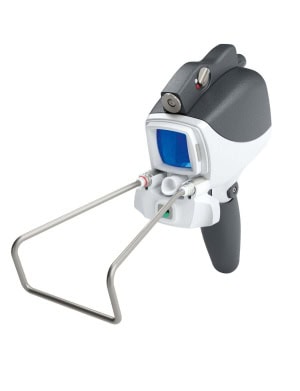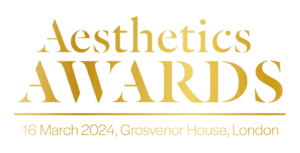Beauty, wellness, and healthcare treatments are revolutionized with the use of laser technology. Laser technology in use today is now standard in UK medical establishments and clinics, from dermatology and dentistry to the newest gynaecology solutions. The growing demand for “non-surgical”, “targeted”, and “budget-friendly treatments” results in the use of “latest model laser machines” revolutionizing patient treatment with professional know-how.
This blog explains how revolutionary laser technology is now being applied across “cosmetic”, “dental”, and “gynecological treatments” across the UK and what practitioners and patients need to know about their benefits.
The Arrival of Laser Technology as a Serious Medicine Component
From being work machines for cosmetics twenty years ago, laser machines have evolved to become medical devices. Laser machines make use of concentrated light beams in the cure of diseases with less pain, quicker recovery, and accuracy than in surgery.
Contemporary UK technology utilizes the most advanced lasers to perform an astonishing range of treatments—down from tightening skin and zapping the spots with soft tissue surgery to therapy so intimate. Laser technology is no longer science fiction movies—but now something as part of normal health care.
Advanced Laser Equipment and Cosmetic Use
In the cosmetic field, “laser machines” are the best in the world of non-surgical beauty care. To tighten the skin, remove age spots, or for permanent hair reduction, laser systems give immediate, safe, and long-term results.
Trendiest Aesthetic Laser Treatment in the UK:
Laser Hair Removal:
Diode or Nd: YAG lasers are used for hair reduction therapy, zapping follicles with focused laser without contacting the surrounding tissue.
Skin Rejuvenation:
Fractional lasers stimulate the creation of collagen to tighten wrinkles, fine lines, and scars and create smoother and healthier skin.
Pigmentation & Vascular Lesions:
Q-switch lasers and IPL machines are applied in an attempt to clear sun spots, rosacea, and spider veins with minimal downtime.
Tattoo Removal:
Picosecond and nanosecond lasers erase tattoo ink pigment, and treatment of a broad variety of colours has been seen with success.
These firms, such as “Fotona”, “Candela”, and “Lumenis”, are revolutionizing the aesthetics market of the UK with multi-purpose platforms having treatment-fitting capacities.
British dental clinics have also become cutting-edge by virtue of laser technology. Dental lasers are extremely versatile for hard tissue as well as soft tissue treatments and are a “softer option to scalpels and drills”.
The Main Benefits of Laser Dentistry
Minimally Invasive:
Least amount of bleeding, swelling, and pain to the patient.
Analysis and Accuracy:
Only decayed structures are filled with no harm caused to the healthy tooth structure.
Faster Healing:
Minimizing tissue trauma heals the body faster.
Less Anxiety:
Quiet, vibration-free treatment is ideal for anxious patients.
Some of the Common Dental Procedures performed with Lasers:
1. Cavity detection and excavation
2. Gum reshaping and sculpting
3. Gum (periodontal) disease treatment
4. Bleaching of teeth
5. Removal of soft tissue lesions
6. Root canal endodontic disinfection
UK top-selling dental laser devices are “Fotona LightWalker”, “BIOLASE”, and “Waterlase”, and all of them have proved to be effective, safe, and precise.
Laser gynaecology treatment has unveiled new realms of “non-surgical treatments” for sensitive medical issues. Women all over the UK are now enjoying the advanced laser technology that is providing “safe, fast, and efficient treatments” without the application of general anaesthetic or prolonged convalescence.
Most Popular Gynaecological Laser Treatments:
Vaginal Rejuvenation:
Er: YAG and CO2 lasers cause collagen remodelling of vaginal tissue, rendering it stronger, elastic, and more hydrated.
Stress Urinary Incontinence (SUI):
Minimally invasive laser therapy tightens pelvic floor muscles and prevents involuntary urination.
Menopause Symptom Relief:
Laser therapy for dryness, burning, and pain due to hormonal change.
Treatment of Lichen Sclerosus:
Painful but uncommon conditions that can be relieved by fractional laser treatment to reduce inflammation and preserve skin integrity.
Increasing numbers of UK clinics are using technology such as “Fotona’s IntimaLase”, “MonaLisa Touch”, and “FemiLift” because they offer customized gynaecological therapy with improved patient satisfaction.
Why the UK is Adopting Laser Technology
There are a number of reasons why there is growing laser treatment in UK cosmetic and medical clinics:
Patient Demand:
Patients increasingly need non-surgical treatments that provide visible outcomes without surgery or downtime.
Clinical Efficiency:
Clinics can conduct quicker procedures with fewer complications with the assistance of laser machines, which also improves profitability and patient flow.
Technology Innovations:
Technology comprises intelligent systems, real-time monitoring, and multi-functionality.
Standards Regulations:
British clinics have high safety standards, and only the best quality certified equipment is employed.
If a practice or a clinic is investing in top-of-the-line laser technology, the following are a few things to watch out for:
Treatment Flexibility:
Multi-platform lasers are cost-effective and more versatile.
FDA/CE Clearance:
Products also must be compliant with international health and safety standards.
Support & Training:
Select suppliers who provide clinical training and after-sales support.
Energy Settings & Modes:
Proper management of energy is required to allow for customization of treatment to patients.
Return on Investment:
Take patient demand, treatment cost, and equipment lifespan into consideration.
Being backed by high-quality UK-based manufacturers or distributors guarantees that your clinic will be prepared to deliver outstanding patient results while remaining compliant.
Future of Laser Technology in UK Health Care
Demand continues to rise, and the UK laser sector continues to expand exponentially. The emerging trends include AI laser technology, robotic precision, and patient-specific settings.
Also, while rumours circulate, patients recover and become better educated and informed and will increasingly choose **laser procedures** over traditional ones. For sex, beauty, or dentistry, the future shines brighter and brighter **laser-oriented** British medicine and beauty.
Conclusion
From whitening smiles and complexion to enhancing intimate well-being, “leading laser machines” are revolutionizing the UK aesthetic, dental, and gynaecological marketplaces. Through their unrivalled mix of “science, safety, and sophistication”, they address current patient-changing demands.
While more and more clinics have come to appreciate the novelty of this technology, Britain is slowly becoming a hub of excellence in quality treatment, tipping the balance towards patient comfort and away from high-tech, minimally invasive care. Whether a physician or simply a patient is deciding, laser technology is blazing the trail—a laser beam at a time.
FREQUENTLY ASKED QUESTIONS
Q: Is aesthetic laser treatment safe in the UK?
Yes, when performed by suitably trained professionals on CE-approved equipment. UK clinics use the highest standards and regulatory procedures to ensure patient well-being.
Q: . Is laser dentistry a replacement for conventional dental instruments?
Yes, in the majority of cases. Laser dentistry is provided as an alternative to drills and scalpels as a treatment for procedures like cavity removal, gum reshaping, and root canal cleaning. It is best for those who are fearful of dental equipment or who want less noise and less invasive treatment.
Q: Is laser treatment painful?
Most of the patients remain painless or have very minor pain with the laser treatments. Local anaesthetics, even in the majority of conditions, are required in most of the treatments. Pain from treatment, if anything, is minimal. Furthermore, recovery time from the same takes less time compared to the traditional surgery process.
Q:. Results from laser aesthetic treatments, how long do they last?
Effects vary with the nature of the treatment as well as with the specific skin condition of the patient. For instance, hair reduction is achievable with lasers through gradual thinning over some time following a series of treatments. In contrast, skin rejuvenation treatments may have to be repeated every two months.
Q. What conditions can be treated with gynaecological lasers?
Laser gynaecological treatments are used for vaginal atrophy, laxity, menopausal syndrome, stress urinary incontinence, and lichen sclerosus. Laser treatments stimulate the growth of the tissues and collagen synthesis and improve intimate well-being without surgery.
Q: Are there risks or side effects of laser treatments?
Laser therapy is very safe when done by skilled practitioners. They may leave temporary and trivial side effects like redness, swelling, or slight discomfort that will disappear in hours to days. Severe, life-threatening side effects are very rare when guidelines are followed.
Q: How do I choose the right laser machine for my clinic?
Cautiously analyze your clinic’s treatment range, target market, regulatory requirements, after-sales service, and access to training. An investment in a multi-purpose, flexible platform from a renowned supplier ensures long-term value and patient satisfaction.
Q: Is training necessary to work with medical laser machines in the UK?
Indeed, medical practitioners and aesthetic therapists must be certified laser safety trained and operating certified. This is to ensure that treatments are delivered safely, effectively, and to the UK regulation standard.
